

Yachtmaster Theory Quiz
Test your knowledge with these 10 theory questions. The quiz is aimed at those planning to join us for a Yachtmaster Coastal or Offshore preparation week. This is NOT an admission test, but it is meant for you to check your theory knowledge and identify any gaps, so they can be filled before you join us for the practical week. Remember, whilst we will also review your theory notions, there will be no time to actually study them if you don’t know them already. And these are only a small sample of what the Yachtmaster examiner may be asking! If your score is not good, please consider signing up for the Yachtmaster Shorebased theory course. Fill in your name and email and click on Start. Select your answer and move onto the next question. At the end of the quiz you will see how you scored and you will be able to review the correct answers.
Yachtmaster - pre test
Test your knowledge with these 10 theory questions. The quiz is aimed at aspiring RYA Yachtmaster Coastal or Offshore. Select your answer and move onto the next question. At the end of the quiz you will see how you scored and you will be able to review the correct answers.
Hi, welcome to our Yachtmaster quiz page, where you can informally test your knowledge before attending one of our courses. Please fill out the information below:
What is the name of the fog that typically forms at sea?
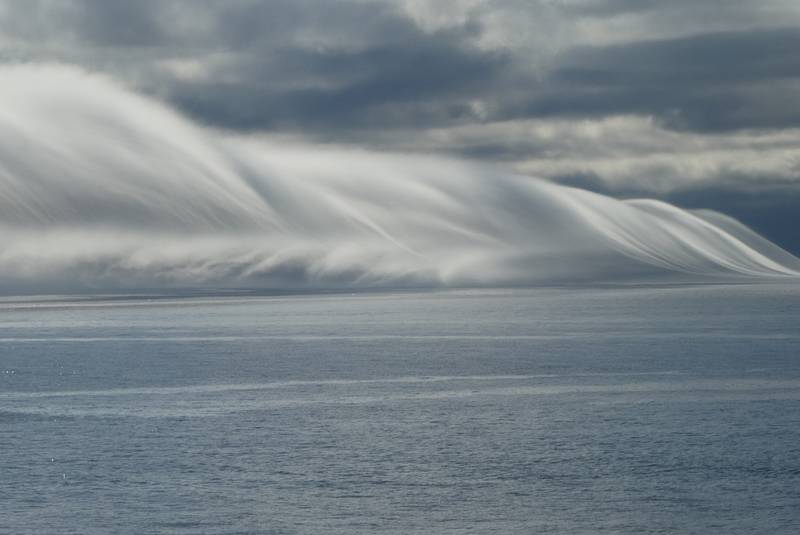
What is the compass course to be followed to hold a True course of 145 degrees?
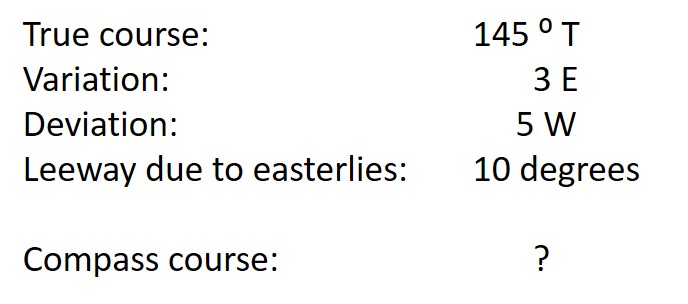
What is the meaning of this mark?

What additional lights does a pilot vessel show whilst on duty?
What vessel would show these lights?

What is the name of the Angle of Heel at which a vessel will capsize?
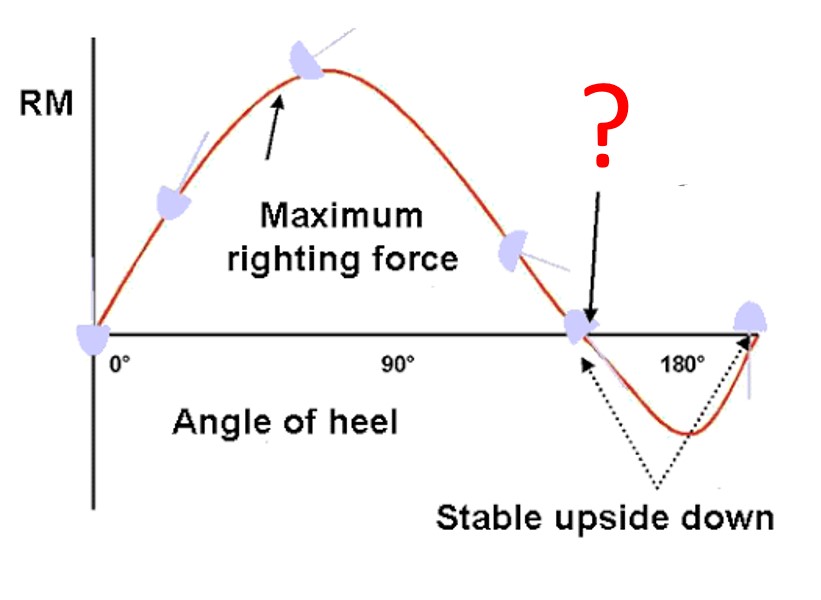
What is the name of this buoy?
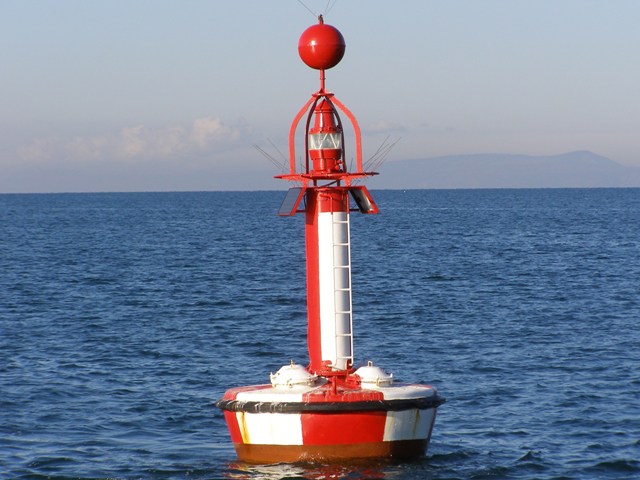
What happens to the wind after a cold front has passed (Northern hemisphere)
You hear three horn blasts from a big vessel. What is she communicating?
What is the name of the line that points from you to a target on a Radar screen?
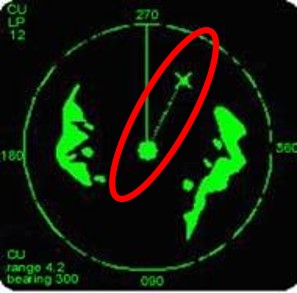
Your score is
Restart quiz
Please rate this quiz
Privacy Policy Designed using Hoot Business Premium . Powered by WordPress .
Register today and get £50 off
Enter voucher code HOME STUDY in the booking form
RYA Theory Exam Guidance
Information on how our online RYA theory exams are conducted and assessed, and how best to prepare for them.
RYA Day Skipper theory
Before attempting your exams you must have studied all of the lessons and completed all of the exercises.
Exams are taken online, and then individually marked by an RYA Instructor who will give detailed feedback.
You can either request all of your exams in one go or individually - 24hrs is generally sufficient notice.
We’ll then send you links to the online exam paper. You can open the links anytime in order to view and download the exam instructions before you begin, however once you start each exam it must be completed in one sitting and within the stated time-limit.
There are 2 exam papers: General Questions and Chartwork. 90 minutes is allowed for each paper.
In order to pass you must demonstrate that you have sufficient understanding of the subject, even if your answers do contain some errors.
Exam Conditions
Exams must be taken under “exam conditions”.
The only resources allowed are the RYA Training Almanac and RYA Training Charts 3 & 4.
You are not allowed to refer to other books (including the course handbook) or to your notes.
You should ensure that you have a quiet space to sit your exam - make sure that any family, housemates or other crew members know not to disturb you during the exam.
You’ll also need to ensure that you have a stable and reliable internet connection.
If you are taking an exam alongside other students you must not discuss the questions. You must not disclose the questions or your answers, including chartwork, with anybody else. If our instructors suspect collusion they will automatically fail all those that are implicated.
It’s entirely up to you whether you sit one exam at a time or attempt more than one on the same day. However many students find that attempting more than one at a time is tiring and we recommend that you space them out.
You should ensure that you have a firm grasp of fixes, estimated positions, course to steer and tidal heights. Pay special attention to correctly establishing tidal set and drift for any hour using both the tidal atlas and the tidal diamon tables on the charts. Double check lat and long positions, tidal dates and heights, etc - using the wrong data is a common error. Because knowledge of the Collision Regulations is so important you should swat up on these immediately before your exam.
At then end of your exam you will be asked to scan or photograph your chartwork and workings and to attach them to your submission. Extra time is allowed for this but you must have access to a scanner or digital camera. A smartphone camera will suffice.
If you pass we’ll ask you to complete our Customer Satisfaction Survey (which we need for the RYA) and to confirm the postal address you wish us to send your certificate to. Once we have this, we’ll send your certificate to you by First Class post or by Airmail as appropriate. We’ll also email you a scanned copy.
If you are a marginal failure we will ask you to conduct additional study in the relevant areas before setting you one or more additional questions and, if you answer these correctly under exam conditions, you’ll be deemed to have passed.
If you fail to get close to the required standard in one or more papers, we’ll give you detailed feedback and ask you to undertake a period of additional study and to answer some relevant practice questions before taking another paper, again under exam conditions.
For the majority of our students, these exams do not require invigilation.
You do not need to have your exams invigilated in order to:
- Skipper vessels of up to 200 registered tonnes for leisure purposes.
- Charter vessels worldwide.
- Be granted an International Certificate of Competence (ICC).
Invigilation is only required if you wish to:
Obtain a Commercial Endorsement to a Day Skipper Certificate of Competence.
A Commercial Endorsement to a Day Skipper Certificate of Competence enables you to skipper a small commercial vessel (complying with the UK/MCA code of practice, carrying fare paying passengers). If your Day Skipper shorebased exam is invigilated by an RYA Instructor you can operate up to 12 miles from the vessel’s home port. Otherwise (if your exam is not invigilated by an RYA Instructor) you are limited to 3 miles from the vessel’s home port.
Invigilated exams must be taken at an RYA Recognised Training Centre and invigilated by an RYA Instructor.
We cannot offer invigilated exams at our location but can assist you in finding an RYA Recognised Training Centre near you that may be able to offer this service. You should be aware that they may charge for this service.
You can make your own arrangements directly with the centre, but you should contact us once this has been agreed so that we can liaise with the RYA Training Centre to discuss the requirements for invigilation.
An invigilated assessment is taken under formal classroom conditions, using written exam papers that we will supply to the invigilating RYA Training Centre. These are then returned to us to be marked by our our instructors who will then issue feedback and certification upon successful completion.
Please contact us on 0238 218 2604 for further information.
RYA Yachtmaster theory
We’ll then send you links to the online exam papers. You can open the links anytime in order to view and download the exam instructions before you begin, however once you start each exam it must be completed in one sitting and within the stated time-limit.
There are 4 exams:
- Chartwork (2hrs) - You will be required to demonstrate that you have a reasonable grasp of the topic.
- IRPCS (90 mims) - pass mark 60%.
- Passage Making Part A (90mins) - pass mark 60%.
- Passage Making Part B (2hrs) - pass mark 60%.
The Passage Making exams draw on the entire syllabus. Therefore you must pass the IRPCS and Chartwork exams BEFORE taking the Passage Making exams.
If you pass we’ll ask you to complete our Customer Satisfaction Survey (which we need for the RYA) and to confirm the postal address you wish us to send your certificate to. Once we have this, we’ll email it out First Class or by Airmail as appropriate. We’ll also send you a scanned copy.
If you fail to get close to the required standard in one or more papers, we'll give you detailed feedback and ask you to undertake a period of additional study and to answer some relevant practice questions before taking another paper, again under exam conditions.
For the majority of our students these exams do not require invigilation .
Invigilation is not required to:
- Skipper vessels up to 200 registered tonnes.
- Attain a Commercial Endorsement to a Yachtmaster Coastal or Offshore Certificate of Competence.
- Qualify as an RYA Cruising Instructor or Yachtmaster Instructor.
Use the Yachtmaster Shorebased Course Completion Certificate as entry into MCA large yacht qualifications such as OOW 3000 or Master 200 certification route.
For the MCA to accept your RYA Yachtmaster Offshore Shorebased qualification as collateral for MCA large yacht qualifications your exams must be invigilated by an RYA Instructor.
RYA Yachtmaster Ocean theory
Exams are taken online. They are individually marked by a RYA Instructor who will give detailed feedback.
There is one exam - for which 2 hours is allocated.
24hrs is generally sufficient notice. We’ll then send you links to the online ecxam paper. You can open the link anytime in order to view and download the exam instructions before you begin however once you start the exam it must be completed in one sitting and within the stated time-limit.
Exams must be taken under “exam conditions”. The only resources allowed is the Almanc & Sight Reduction Tables
Invigilation is not required if you are taking the course for your own personal interest and simply intend to use the knowledge gained for leisure sailing.
Invigilation by an RYA Instructor is required if you intend to use this course as a pre-requisite for the RYA/MCA Ocean Yachtmaster Certificate of Competence Exam, or MCA Master 200 (unlimited) Certificate of Competence.
For aspiring skippers
RYA Day Skipper
Online Theory Course
Coastal / Offshore
RYA Yachtmaster
- Yachtmaster Quiz RYA magazine Summer 2020 Questions
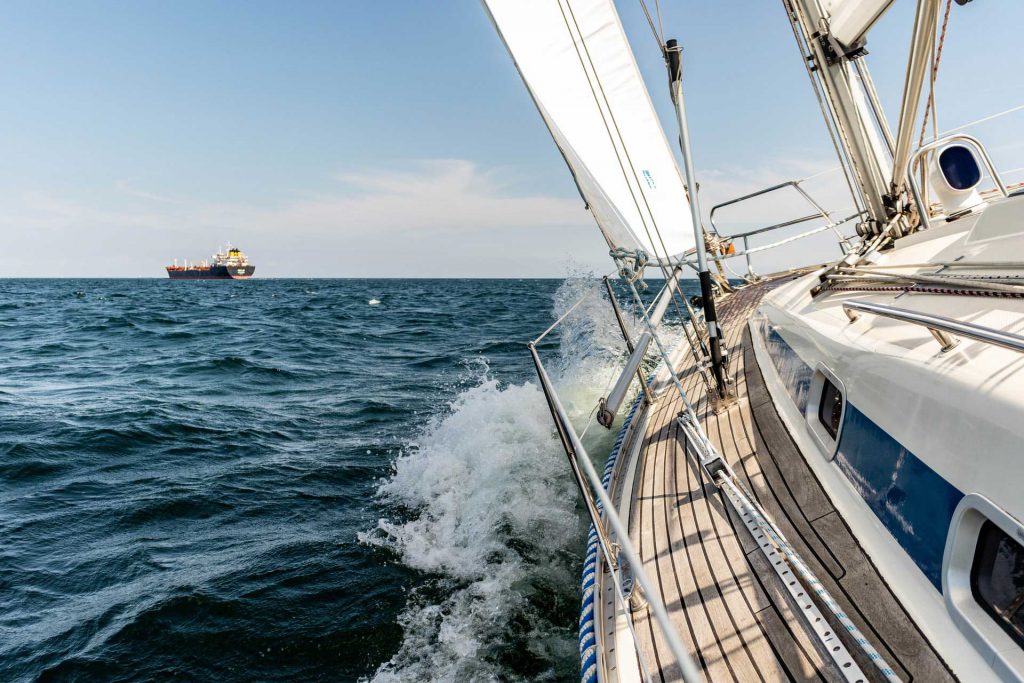
Our first Yachtmaster Quiz copied directly the from RYA magazine Summer 2020. This magazine is free and one of the many benefits you receive when you join the RYA.
Yachtmaster Quiz – Summer 2020 – Questions
1. When trying to clear a riding turn from a winch, what is likely to be the best knot, bend or hitch to take the load off the working end of the line?
2. What is ‘tinned wire’ used for?
3. Why should diesel tanks be kept reasonably well topped up?
4. What is achieved by washing or soaking sheets and halyards in fresh water on a regular basis?
5. Name three settings for a radar screen orientation.
6. When stowing wooden bungs on board for use in an emergency, what is good practice?
7. In the context of a hurricane, cyclone or TRS, what does the term ‘dangerous semicircle’ refer to?
8. What does the term ‘bunkering’ refer to?
9. When trimming a headsail, what effect will moving the jib car aft have, and when might this be done?
10. At sea at night you spot a vessel displaying an all-round red light over an all-round green light. What does this indicate?

Related Posts
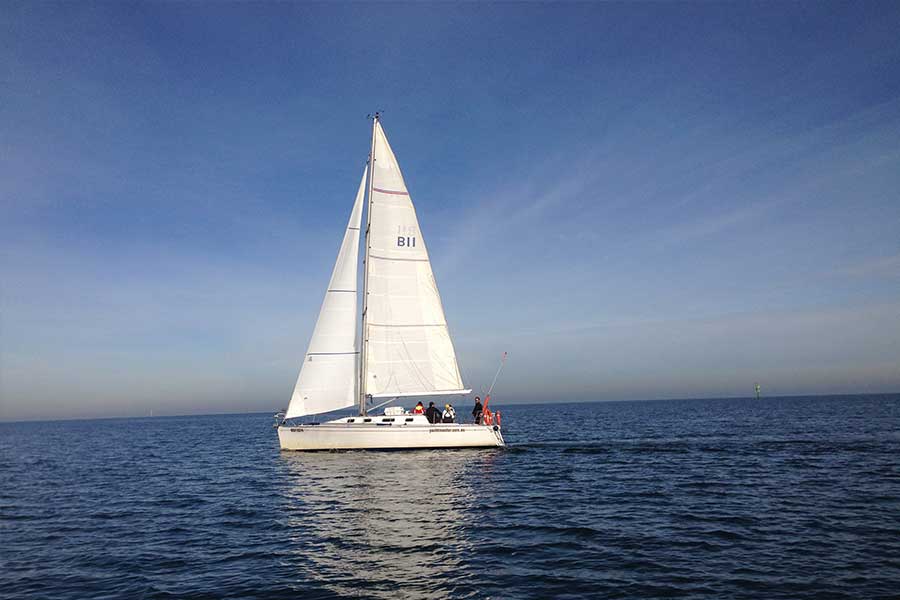
Yachtmaster Quiz RYA magazine Summer 2020 Answers
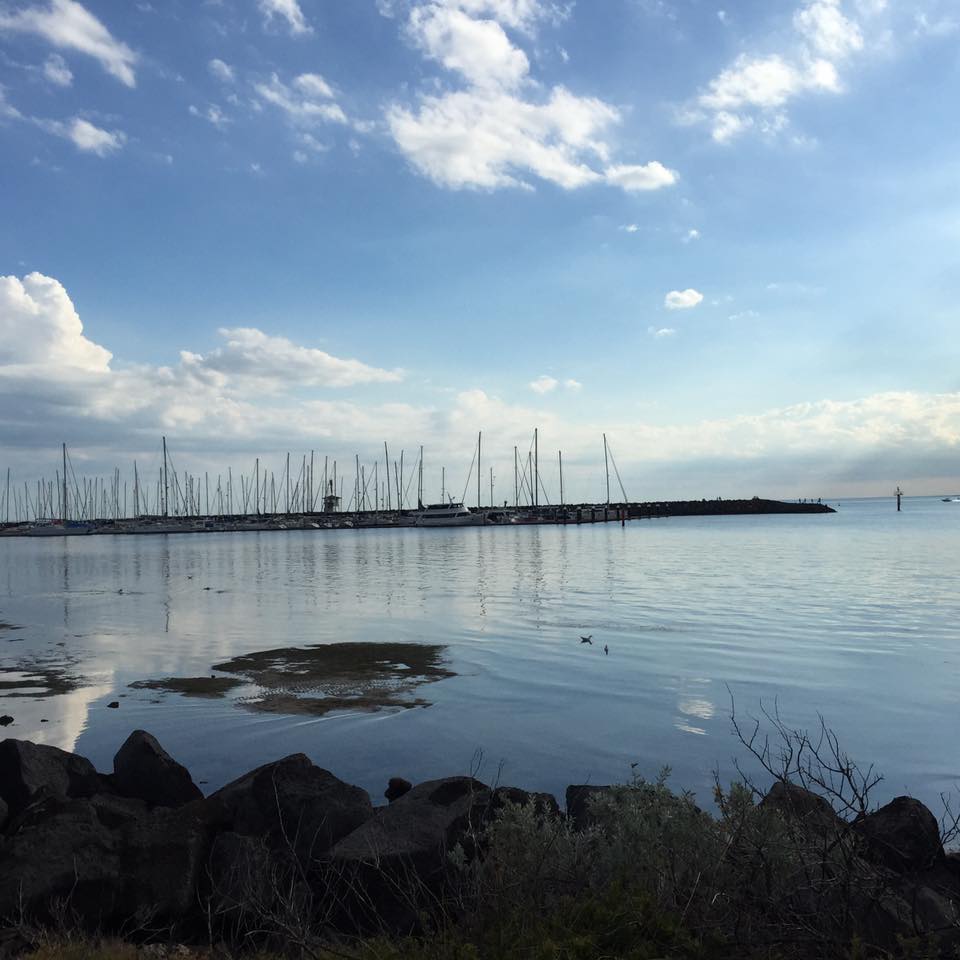
Why the RYA?
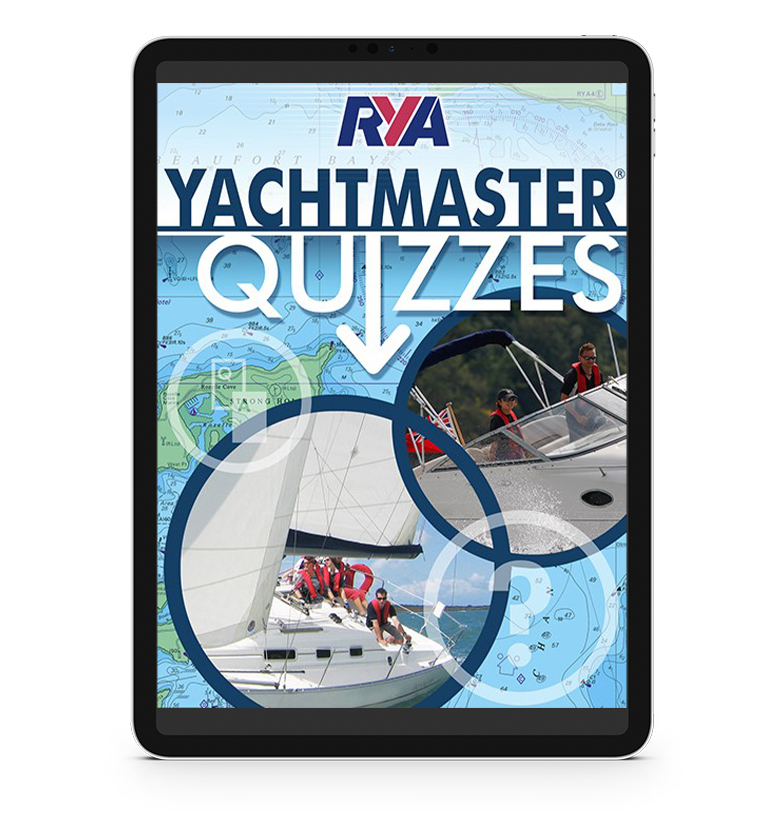

RYA Yachtmaster Quiz Book (eBook)
£11.49
Please read the RYA eBooks: How to Guide and download a Taster before buying an eBook.
This eBook is also available from Apple Books and Online Access (login details for Online Access are provided after purchase).
Accessibility: Please purchase the Apple Book if you require accessibility features.

Continuing on from the first RYA Yachtmaster Quiz eBook, this eBook contains 40 quizzes each containing 10 questions to help develop and test your knowledge. The questions come from the Yachtmaster quiz questions that have been in the RYA Magazine since 1998. Free, yearly updates will provide new quiz questions!
The questions are an excellent way to test your knowledge, andvhelp you progress through the RYA Yachtmaster Scheme. While it is not designed as a primer for the RYA Yachtmaster exam, RYA Yachtmaster Quiz eBook does look at everything an experienced yachtsman would be expected to know.
You’ll recognise some questions as straight forward knowledge checking, but some will get even the most experienced yachtsmen thinking hard. Optimised for mobile devices, it is the perfect companion to carry with you to refresh or continue expanding your knowledge.
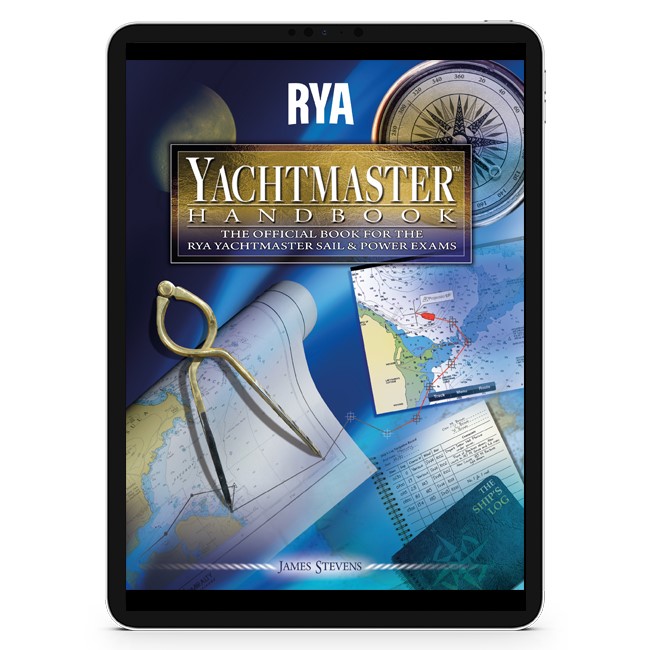
RYA Yachtmaster Handbook (eBook)
£20.49
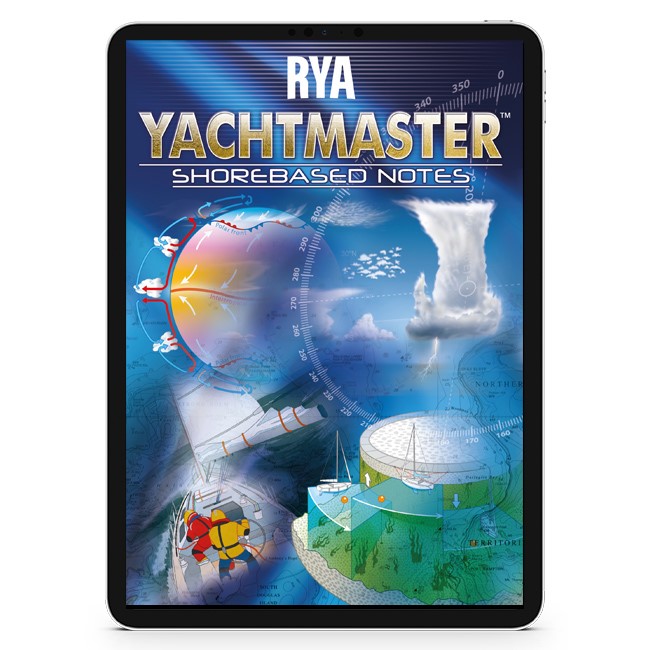
RYA Yachtmaster Shorebased Notes (eBook)
£13.99
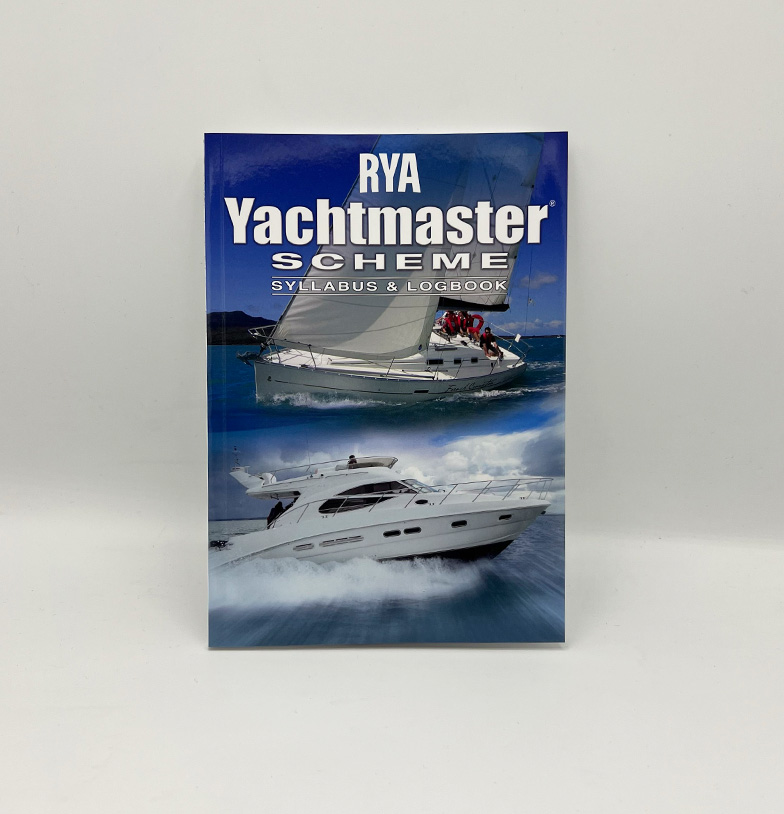
RYA Yachtmaster Scheme Syllabus and Logbook

- Search forums
- Practical Boat Owner's Reader to Reader
Yachtmaster Past Papers
- Thread starter plumrock
- Start date 22 Dec 2015
- 22 Dec 2015
Hi, I can see this topic has been broached a few times before... I've been hunting all over the web for a series of Yachtmaster past papers . Does anyone have a handy link - or even better - a batch of pdf's. Thanks, Pip Thornton - (North Cornwall)
Well-known member
Active member.
Suspect You run into RYA copyright challenges I suspect, though I trust we are talking about YM Theory papers? However, you can buy the mock charts and question book from RYA
- 23 Dec 2015
prv said: It's a practical exam http://www.rya.org.uk/coursestraining/exams/Pages/howtopassyourexam.aspx Pete Click to expand...
duncan99210
I've always understood that there's the shore based Yachtmaster theory course, which ends in a written examination and the Yachtmaster practical examination which is conducted afloat by a RYA appointed examiner. No matter what the Croatian authorities may or may not accept, it is the paractical examination which leads to the Yachtmaster qualification not simply passing the theory exam. There was a thread recently started by someone complaining that the RYA wouldn't give him an ICC on the strength of his theory certificate: it was pointed out that this was because whilst he had demonstrated his ability to sit in a classroom and regurgitate knowledge, he hadn't shown anyone he could actually handle a boat at sea.
At the end of the Theory courses (DS, YM(Coastal and Offshore) you finish up with a course completion certificate, not a certificate of competence
Its amazing what a simple question stirs up... I think it is obvious to ALL - that the YM Theory course doesn't make you a Yachtmaster... OF COURSE there is a practical element. I was just asking for some Past Papers to help self study for the theory prior to sitting an exam at a recognized ctr (to enable commercial accreditation). The RYA have been running courses for decades - so there will be loads of interesting questions lying around. In the RYA's typically 'stuffy' approach to learning (our way or no way) they don't make them available. I've just helped my sons through 'A' Level Maths... with loads of practice (past) papers EASILY available.
RichardS said: It's the same qualification that the Croatians accept as equivalent to ICC (as discussed on the other thread) Click to expand...
RichardS said: I'm not sure why you say that. I've a certificate which says "RYA Yachtmaster" and I didn't have to go anywhere near a boat to pass that examination, just spend 100 hours sitting in a classroom and doing homework questions. Click to expand...
Gladys said: At the end of the Theory courses (DS, YM(Coastal and Offshore) you finish up with a course completion certificate, not a certificate of competence Click to expand...
rogerthebodger
plumrock said: you don't say... Just seems strange that the RYA don't have a supply of past papers (must have years and years of them). Would greatly help with self study for the theory ... Click to expand...
- 24 Dec 2015
NickRobinson
Rogershaw said: Our examining agency have 4 different exam papers that they randomly select so will not allow you to keep then otherwise they will have to keep on setting new exam papers which means work !!! Could RYA operate in a similar way hence no past papers available Click to expand...
NickRobinson said: 5/6/8+ years ago now but my RYA DS and then YM Coastal exams ended with the instructor/invigilator collecting in the papers and declining a request by one student to keep it, so yes. Click to expand...
RichardS said: One gets you a certificate as Yactmaster (Theory) and the other gets you a certificate as Yachtmaster (Practical), although neither of them specifically say this on the certificate. The Theory was far more valuable for me as I could have easily obtained a Day Skipper, Yachtmaster or ICC based on my practical experience. However, I could never have passed the Yachtmaster Theory as that required a much deeper level of knowledge of so many nautical subjects. However, this is merely re-hashing the previous thread where I listed the Yachtmaster areas of knowledge. Richard Click to expand...
RichardS said: I'm not sure why you say that. I've a certificate which says "RYA Yachtmaster" and I didn't have to go anywhere near a boat to pass that examination, just spend 100 hours sitting in a classroom and doing homework questions. It's the same qualification that the Croatians accept as equivalent to ICC (as discussed on the other thread) Having a boat certainly helped though! Richard PS I don't think I've any of the papers but I'll look later. In the meantime the attached might be helpful https://www.dropbox.com/sh/nt1h29mji9gxgbm/AABjzUaRH0rR6gZVyautfWNfa?dl=0 I wrote the three spreadsheets during the course of my Yachtmaster to help me understand the theory and have something potentially useful. The ColRegs chart was written by another Forumite. Click to expand...
- 25 Dec 2015
YM Theory is three assessment papers now, Chartwork, General and Col Regs. The reason the papers aren't available is that questions are recycled between the years. It took a couple of years to sort out the 2007-15 papers, the syllabus changes from Jan 1, as DS changed last year to introduce more use of electronics - I believe (I haven't taught the latest syllabus yet) that candidates are able to use the new RYA Plotter to do their chart work, although they still have to answer certain questions in pencil on the chart.
Blue Sunray
- 26 Dec 2015
IMHO not been able to review the exam papers both question and answer after marking prevents the you from determining what you did wrong in the answers that were marked wrong. I have always found this very usefull as I tend to remember the answers I failed on than the ones I got correct. There was a question asking to describe the isolated danger buoy which I got wrong, but will never forget now.
Elecglitch said: Thank you those look useful. Nice to see someone helping out rather than point scoring. Click to expand...
Other threads that may be of interest
Members online
- john_morris_uk
- mikefleetwood
- Username123
- franksingleton
- Puffin10032
- Bodach na mara
Share this page
Yachting Monthly
- Digital edition

How to pass your Yachtmaster exam
- Chris Beeson
- September 16, 2015
The global standard of sailing qualifications is achievable for any experienced, competent skipper. Tom Cunliffe explains how to pass your Yachtmaster exam
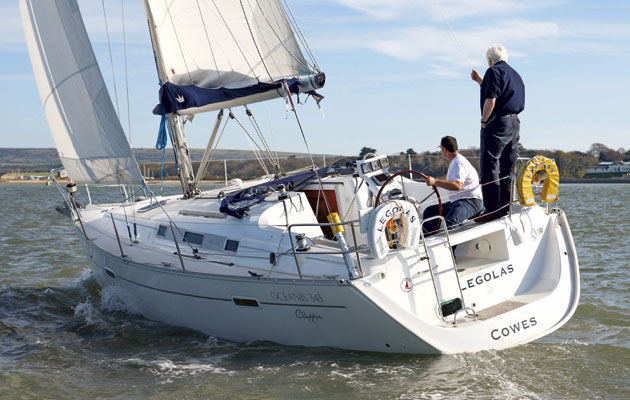
The only certificates accepted by the authorities are those issued after an at-sea examination. To become a fully-fledged Yachtmaster, the practical test is the only one that counts Credit: Graham Snook/YM

Tom Cunliffe is an RYA Yachtmaster examiner. He has passed and failed hundreds of Yachtmaster candidates over the years
We in the UK are exceedingly fortunate. Just as the English language is the best bet for a world traveller, our very own RYA/MCA Yachtmaster qualification happens to be the global standard for sailing. It’s required for anyone planning to become a professional and, thanks to the continuing efforts of the RYA, Brits who sail for leisure still don’t have to carry any proof of competence in home waters. Despite this blessed lack of regulation, the Yachtmaster certificate remains the logical target of many a self-motivated sailor. It also represents the icing on the cake for those looking for the reassurance of an external assessment.
Courses and exams
Yachtmaster training can take place on a boat or in a classroom. A shore-based course, either at desks in a school or via the increasingly popular Internet distance learning programmes, ends with a Yachtmaster theory exam. Success in this will help a student in subsequent qualification upgrades, but it is not officially recognised. The only certificates accepted by the authorities are those issued after an at-sea examination – the Yachtmaster Practical . To become a fully-fledged Yachtmaster, this practical test is the one that really counts.
Yachtmaster Prep

Meteorology matters: a favourite with examiners is to produce a weather map and invite you to analyse it. Be ready and know your subject
This is a non-RYA course and, as such, has no official status or syllabus. However, it is run successfully by many RYA sailing schools to prepare candidates for an examination which generally follows on at the end. Up to four students spend several days together on the boat in which they will be examined. The benefits are that they get to know one another and their yacht under the guidance of a highly qualified Yachtmaster Instructor. The general feeling is that these tutors can’t teach you much you don’t already know in a week, but that they are very good at coaching the best out of those skills you already have. Prep courses are great for brushing up on how to jump through the various hoops an examiner may set up. What they can’t do is make someone who doesn’t have suitably constructive mileage into the confident skipper examiners are looking for.
Coastal or Offshore – what’s my level?
Recently, the old Coastal Skipper ticket has been superseded by the new ‘Yachtmaster Coastal’ certificate. The qualifying mileage for this MCA-recognised qualification is 800, with passage and night-hour requirements being relaxed in comparison with ‘Yachtmaster Offshore’, which keeps its 2,500-mile entry level. Either is a proper Yachtmaster qualification and can be described as such. Only the often-dropped suffix distinguishes the two. The syllabi are identical, the variant is the rigour of the examination. Apply for ‘coastal’ and the examiner, recognising that you have less sea-time, will be more inclined to cut you a bit of slack.
The RYA has noted that most candidates are really only making ‘coastal-status’ passages. In real terms, this includes an annual trip across the Irish Sea, the North Sea or the Channel in a calculated weather window, which is very different from setting off from Ramsgate towards Norway with five days and potentially serious conditions ahead of you. The implications should be clear: unless you need the Offshore ticket for professional reasons, if in doubt, go for Coastal.
Preparing yourself and the boat
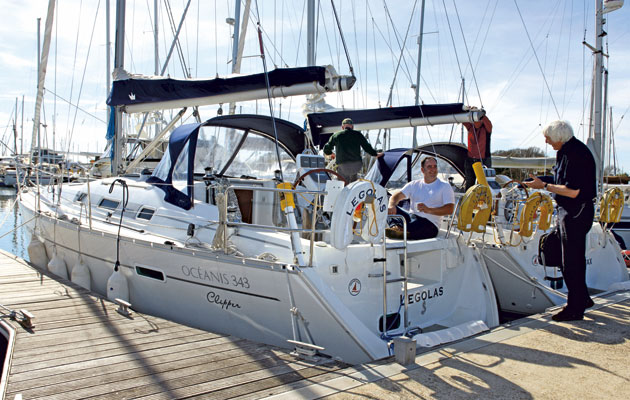
A relaxed candidate with a mug of tea makes a better impression than a harassed-looking one
If you’ve signed on with a sailing school, you’ll be stuck with the boat you’re given. You can be confident that this yacht ticks all the official boxes by being coded for commercial use, but while some are very up-together, others are not. If the boat is generally sloppy and scruffy, you can at least make an effort to stow the mainsheet in a seamanlike manner while you are nominally skipper.

Neatly coiled lines reflect well on the skipper
You can also ensure that fenders are hung at the same level, sharpen up the guardrails and see that things generally look as though somebody knows the difference and cares. Then the examiner won’t hold the ratty lifebuoys and the smelly bilge against you.

Mind that your dress and demeanour don’t make a bad first impression
Try to be ready in good time so that you aren’t involved in a last-minute kerfuffle. If you’re relaxing in the cockpit with a mug of tea when the examiner arrives, he or she will be more impressed than if you’re frantically working out tidal heights and scuffling through the chart table. Wear sensible kit. Don’t worry if it’s not this season’s fashion. My examiner turned up in an old duffel coat back in 1978 and I think I was wearing a canvas smock and a flat cap, but the smock was freshly laundered and the cap was right way round…
The main thing is that you can sail, but an examiner is always pleased to be freed of any hassle with the paperwork. Most of us are no better with admin than you are, so make our lives easy by producing an up-to-date first aid ticket and all the rest, plus a cheque made out to the RYA – not the examiner, perish the thought!
Passage planning

Your passage plan should be realistic. Keep it simple and be ready to adapt and update as things develop
You may be given the opportunity to produce a passage plan before the examiner arrives. If so, make it realistic. Don’t plot every course to the last degree. After all, you don’t know what speed you’ll make or what the wind will really do. Check tidal gates, distances, viable alternatives and the weather. Look at any hazards, sort out a time to leave and have a plan for updating as things develop. That’s about what you’d do if there were no exam, and that’s what I, at least, want to see.
Examination on your own boat
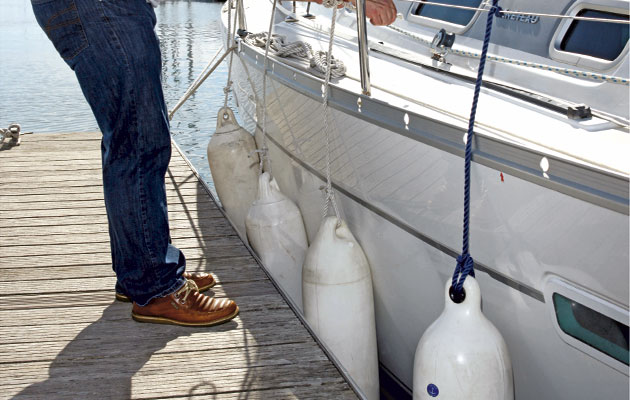
A nicely level line of fenders sends a good signal to the examiner
You don’t have to go to a sailing school to be a Yachtmaster. I love it when a candidate asks to be examined without training on his own boat. Don’t worry if she isn’t coded. There’s no legal requirement that she should be. Most of mine haven’t been either, and I couldn’t care less.
As an examiner, I want to see that your priorities are sound and that you’re thinking clearly and for yourself. On the day, the yacht must be clean, tidy and seamanlike. Waterline crisp, sail covers Bristol fashion, not looking like some poor bird with a broken wing, ropes carefully stowed, a comprehensive chart kit for the waters to be sailed, the makings of a meal plus snacks and, of course, everything that counts should be working.
What the examiner is looking for
Feeling relaxed in close quarters

Competent, confident boathandling counts well in your favour
If there’s one thing that will upset an examiner, it isn’t that you forgot to put on your lifejacket, it’s that he feels insecure when you begin manoeuvring in a marina. Take it from me, there’s nothing worse than sitting at the backstay wondering what you’re going to hit. If the boat slides sweetly out of her berth with everyone knowing what’s required and no shouting, then moves away easily with the examiner confident you’re in charge, that you’ve checked the next alleyway for collision risk, that your choice of speed is sensible and efficient and that it never enters his head to feel anxious, you’re well on the way to a pass after five minutes. No course can teach you this. It can only tick the box confirming you’ve managed it once or twice. The rest is up to you and your sea time.
Wind awareness
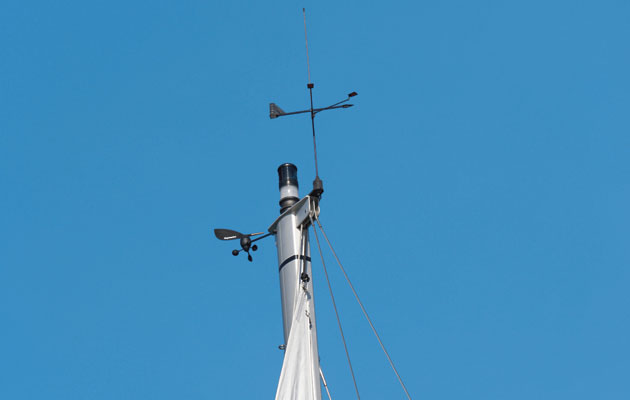
You should always be aware of the true wind direction and how it will influence any manoeuvres
Here’s another subject you can’t learn on a prep course. Knowing where the wind is and how it relates your position to any impending manoeuvres is critical. I often ask a candidate where the wind is coming from when he’s approaching a situation we both know will involve some sort of gyration under sail. If he looks instinctively at the masthead or, worse still, an instrument set to apparent wind, he’s dropped a bagful of points. At this stage, his mind should be setting up where the boat will best be placed to make her critical turns. Apparent wind isn’t going to help him much. What he should be doing is glancing at the water and noting the tiny ripples to assess what the true wind is actually doing. I’m often amazed at how many folk have never been shown how to do this. Racing sailors can handle it in their sleep, because they need to predict windshifts, but cruisers tend to get lazy, so make sure you can read the wind.
Good sailing
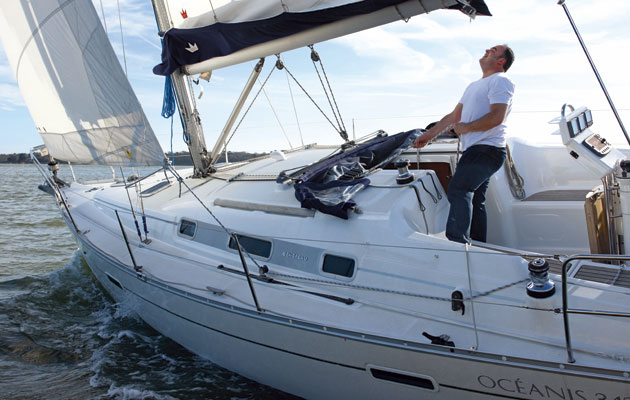
No need for incessant, race-style tweaking, but pay due attention to sail trim while the yacht is under way. If there’s a mainsheet traveller, use it
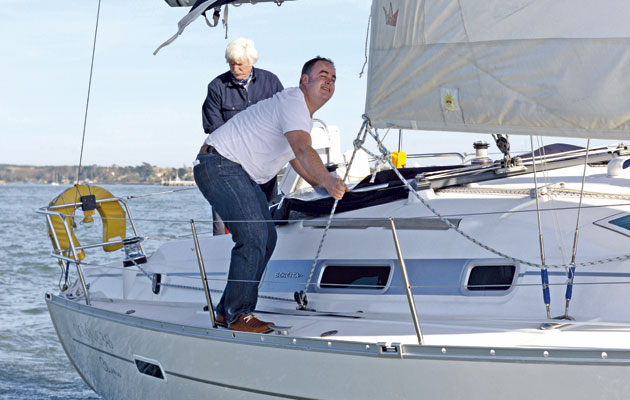
Ensure that the genoa sheet leads are properly positioned for the point of sail you’re on

Lovely: both mainsail and genoa set up with the right amounts of tension and twist
All examiners hate to see a yacht sloppily sailed on passage. Make sure that your crew are using the traveller, that genoa fairleads are properly positioned, that the main is well set up with kicker and mainsheet tension for twist. Above all, do not sail over-sheeted. It’s a dead giveaway that you just haven’t been out there enough yet.
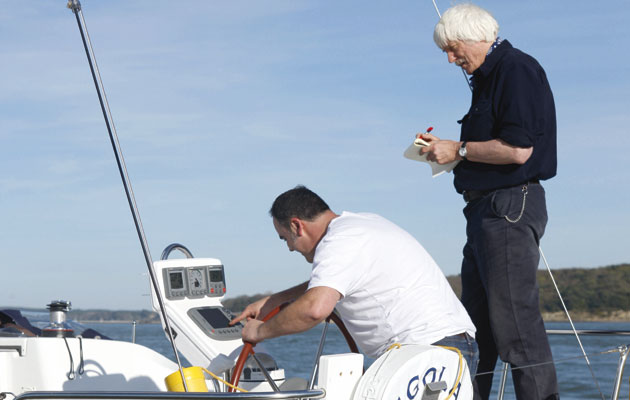
Too much staring at the plotter screen betrays nervousness
In the days before GPS set navigators free, people used to fail exams by what we called ‘sailing the chart table’ rather than skippering the yacht. Assuming the test to be all about some sort of imagined ‘correct navigational practice’, candidates nailed themselves to the navigatorium when they should have been up on deck directing operations and watching out for the ship coming up astern that was suddenly looking bigger every moment. Well, guess what? Nothing has changed. This remains a big problem with neophyte Yachtmasters.
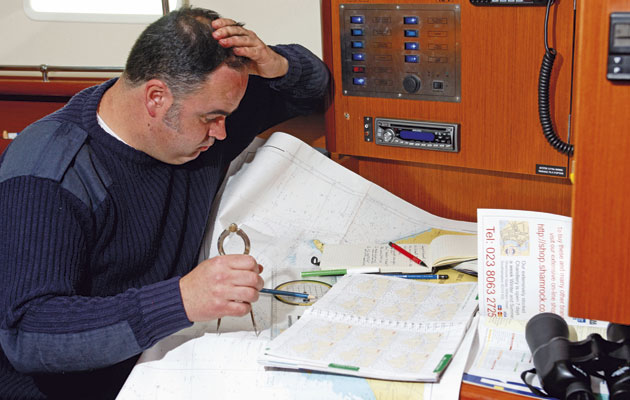
Sail the boat, not the chart table
The secret is to plan well, then nip below every so often on passage to keep an eye on what’s going on in the chart department and whizz back on deck pronto to carry on skippering the boat. I’ll lay a pound to a penny it’s what you do when there’s no examiner on board, so have the confidence to back your own usual practices. This is particularly important at night in crowded waters. An unsuccessful candidate often fails himself by allowing disorientation to creep in, simply by not keeping the true perspective on events, which can only be found on deck.
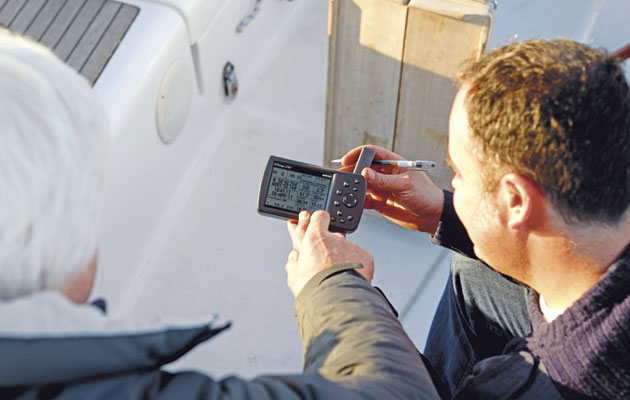
The use of electronic nav-aids such as GPS is not ‘cheating’ – it’s an integral part of navigation
All examiners have their own take on use of electronics. Personally, I want to know my candidate is making modern aids to navigation, including a chart plotter if there one, an integral part of his navigational policy. The idea, as one candidate suggested, that use of GPS is somehow ‘cheating’ is incomprehensible to me. I will almost certainly ask at some stage that the yacht be navigated classically, to see how easy my man is with what, for most people, are now backup skills. If I’m unconvinced by his performance, off he goes to think again.
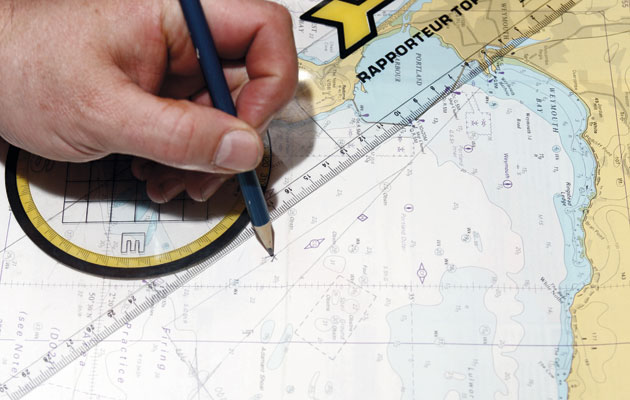
Your chartwork should be fluid and accurate
Skilled chartwork comes with use, and no amount of last-minute swotting can make up for weeks of doing it as a matter of course. Plotting traditional fixes is a good giveaway these days. With GPS all around us, we only do this for real when electronics fail. I’ve seen a person take 15 minutes to select three objects from a background studded with lights, then plot the results. The yacht had moved over two miles in the meantime…

It’s absolutely vital that you maintain a decent logbook during the exam
It’s absolutely vital, whether navigating with a giant chart plotter or a Walker log, that you maintain a decent log book. Without this, if GPS fails for any reason at all, you’re lost, Mate, so is your exam, and quite right too!
Take command
One of the most important questions on most examiners’ private lists is how good the candidate is at taking charge. If he’s managing well, we probably won’t even notice that he’s in command, that his crew all know what’s expected of them and that their skipper is quietly checking that they’re doing it. Good leadership is seldom about barking orders, and never about ignoring all on board, yet leadership is what being a Yachtmaster is all about. First, you must be sufficiently comfortable with your own skill levels not to have to worry about little things like picking up a mooring. Only then can you consider what may go wrong for the poor soul on the foredeck in a gale at midnight.
The classic skills
These are what most people imagine success in an exam is based upon. Actually, these basic skills merely help an examiner build up an overall picture of the candidate. It’s generally not a hanging matter if one manoeuvre goes a bit haywire. Even a grounding is often more interesting for what the candidate does about it than for the fact that it has happened. After all, nobody is perfect, especially under the stress of an exam.
Man overboard
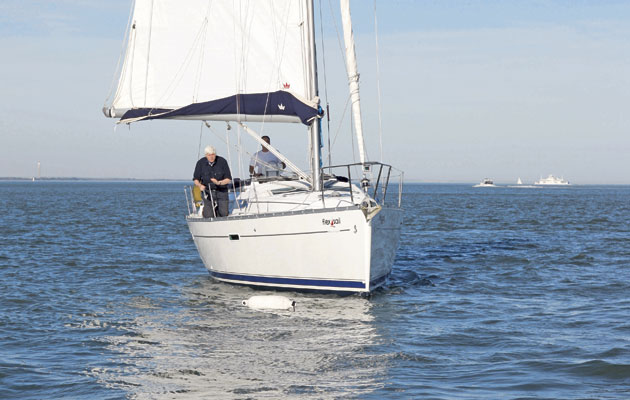
An effective, confidently executed man overboard drill speaks volumes about a candidate’s boat-handling ability but it’s not necessarily curtains if the manoeuvre goes a bit haywire
Errors in principle are not popular with examiners. Mistakes under pressure may sometimes be forgiven, and man overboard is a case in point. If the boat sails past the dummy with her mainsail full and the examiner asks, ‘What went wrong?’ It won’t get you much of a score if you reply, ‘I was going too fast.’
‘Candidate’s speciality, stating the bleeding obvious,’ the examiner will note on his pad, and move on, downhearted.
However, if you say, ‘I’m kicking myself because I was too far upwind and couldn’t de-power the main. I tried to get onto a close reach but I misjudged my approach,’ he’s more likely to take a lenient view – especially if you’ve opted for ‘Coastal’.
Securing the yacht alongside
When I was examining instructors regularly, I’d often sail up to Poole Quay (a tidal wall) shortly before closing time. I’d hop off the boat as soon as she touched the piling, saying, ‘You sort her out, skipper, I’m off for a quick pint.’ I’d then do just that. When I returned 10 minutes later, if the yacht was neatly snugged down with four lines ashore, ends on the dock, a fender board in place, sails neatly stowed and all hands below cooking and relaxing, the guy was in good shape for a pass. If I found discussions on deck about whether to ‘hand the end back for a spring’, and people blundering about in the dark, things didn’t look so bright for our hero. Have a system and know how to execute it.
… and don’t forget
Mooring and anchoring

Mooring and anchoring under sail should present no challenge to the aspiring Yachtmaster. When in doubt, drop the mainsail
These are Day Skipper skills that should pose no threat to a Yachtmaster candidate. Under sail, just remember first to assess whether the wind is with or against the tide. If you get lucky and it’s against, drop the main and arrive stemming the stream, spilling under headsail or creeping along under bare poles. If wind and tide are at all ambiguous, never forget the old adage – when in doubt, drop the mainsail.
Meteorology
As forecasting has become more comprehensive and accessible, I’ve noticed a reduction in candidates’ capacity to understand what’s going on and to read a bulletin creatively. Anyone who can’t describe the typical cloud sequence on a North Atlantic depression gets nil points from me, and failure to understand the basics of air masses is going to run up a black mark too. A favourite with examiners is to produce a weather map and invite their Yachtmaster to analyse it. Be ready, and know your subject.

Tom sees no reason not to have a chart in the cockpit, but some examiners disapprove of it. Be ready to justify your choice
Many candidates produce excellent pilotage plans for entering a strange harbour. I’m happy with that, and most examiners love it. Personally, I prefer to sketch a few notes on the actual chart and have it in the cockpit held down with a winch handle, yet I’ve met examiners who’d be horrified to see a chart on deck at all. So there you have it. Do what suits you best, then be ready to justify your choice. Actually, this advice is good across the board. The examiner wants to see what you really do, not some fantasy you’ve cooked up because you think he might like it. That is a weak candidate’s policy and it often backfires.

No shortcuts here, you just need to know your stuff – and finding the time to learn isn’t difficult
So far as the MCA is concerned, this is the crunch. Examiners are encouraged to demand high standards in this subject, and there’s no reason for a candidate, knowing full well he is to be put on the griddle, not to have the regulations burned into his heart. The best way to be exam-proof is to invest in A Seaman’s Guide to the Rule of the Road, available for modest money from all good chandlers or Bookharbour.com. Place it prominently in the heads some months before the exam and devote five minutes of the shining hour each day to digesting its wondrous contents. The book makes it easy and there’s no excuse for disappointing the Board of Trade!
For all the latest from the sailing world, follow our social media channels Facebook, Twitter and Instagram .
Have you thought about taking out a subscription to Yachting Monthly magazine?
Subscriptions are available in both print and digital editions through our official online shop Magazines Direct and all postage and delivery costs are included.
- Yachting Monthly is packed with all the information you need to help you get the most from your time on the water.
- Take your seamanship to the next level with tips, advice and skills from our expert skippers and sailors
- Impartial in-depth reviews of the latest yachts and equipment will ensure you buy the best whatever your budget
- If you are looking to cruise away with friends Yachting Monthly will give you plenty of ideas of where to sail and anchor

IMAGES
COMMENTS
Try our RYA theory quiz to test your knowledge and see whether our Day Skipper or Yachtmaster theory course is best for you. Study online for your RYA theory qualifications with our RYA Day Skipper and Yachtmaster courses based on the RYA’s world leading training programme for leisure and professional sailors & motor boater
Day Skipper Knowledge Self Test You will have a better chance of passing an RYA Day Skipper practical course if your theory knowledge is good. It's well worth revising your theory knowledge prior to the course, especially if it is a little while since you took your theory course and you might be a bit rusty.
Jun 5, 2024 · But also remember the "Classroom Yachtmaster" is not a Yachtmaster. He's only done the theory and the Yachtmaster is a practical exam. You can't use the theory course for anything and you still need to show evidence of miles (even some as skipper) before you can even go on the preparation week or exam.
Jun 26, 2021 · Test your knowledge with these 10 theory questions. The quiz is aimed at those planning to join us for a Yachtmaster Coastal or Offshore preparation week. This is NOT an admission test, but it is meant for you to check your theory knowledge and identify any gaps, so they can be filled before you join us for the practical week.
Invigilation by an RYA Instructor is required if you intend to use this course as a pre-requisite for the RYA/MCA Ocean Yachtmaster Certificate of Competence Exam, or MCA Master 200 (unlimited) Certificate of Competence.
Yachtmaster – Preparation for exam; ... Online RYA Yachtmaster Theory; ... Yachtmaster Quiz – Summer 2020 – Questions. 1. When trying to clear a riding turn ...
In other words, the theory is the same for both, but less practical experience and skill is required for the Yachtmaster Coastal exam. Pre Exam Requirements. A specific amount of experience is required prior to taking a Yachtmaster exam. As with any exam, the more practice you have beforehand, the more confident you will feel.
The questions come from the Yachtmaster quiz questions that have been in the RYA Magazine since 1998. Free, yearly updates will provide new quiz questions! The questions are an excellent way to test your knowledge, andvhelp you progress through the RYA Yachtmaster Scheme. While it is not designed as a primer for the RYA Yachtmaster exam, RYA ...
Dec 22, 2015 · I've a certificate which says "RYA Yachtmaster" and I didn't have to go anywhere near a boat to pass that examination, just spend 100 hours sitting in a classroom and doing homework questions. It's the same qualification that the Croatians accept as equivalent to ICC (as discussed on the other thread)
Sep 16, 2015 · Courses and exams. Yachtmaster training can take place on a boat or in a classroom. A shore-based course, either at desks in a school or via the increasingly popular Internet distance learning programmes, ends with a Yachtmaster theory exam. Success in this will help a student in subsequent qualification upgrades, but it is not officially ...